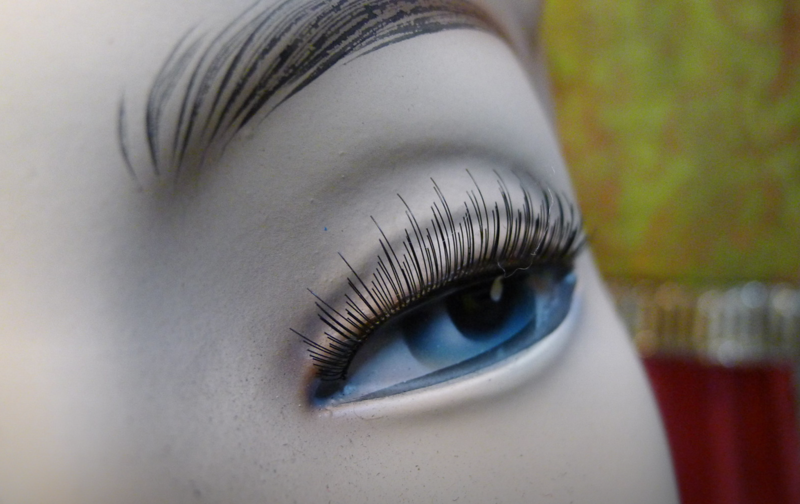New Learning’s Updates
The Changing Dynamics of Online Education: Five Theses on the Future of Learning
- Cope, Bill and Mary Kalantzis, "The Changing Dynamics of Online Education: Five Theses on the Future of Learning,” pp.9-33 in Foreign Language Learning in the Digital Age: Theory and Pedagogy for Developing Literacies, edited by Christiane Lütge, London: Routledge, 2022, doi: https://doi.org/10.4324/9781003032083-3.
Some quotes:
"Online learning consists of learning interactions mediated by connected digital devices. “Online” in this definition is not a synonym of remote or distance learning. This is only one possible modality because online can also be used to support in-person learning. The semantics is important for us because we want to argue that the infrastructure and pedagogical potentials for online learning are essentially the same, whether delivery is remote or in-person."
* * *
"On the one hand, online education is a classical technological disruption of traditional practices of teaching and learning. Yet, on the other hand, some of the technological changes represent, in pedagogical terms, little or no change at all. In fact, worse than that, we will argue some forms of online learning can serve to ossify anachronistic practices to a point at times where they almost become back-to-the future parodies of their past selves."
* * *
"Our theses are a ... modest complaint about the education of our in-person and recent online past, and they represent our aspirations for change in the future of education:
- Thesis 1. There will be no pedagogical differences between learning in person and learning remotely.
- Thesis 2. There will be no distinction between instruction and assessment.
- Thesis 3. There will be no class scale.
- Thesis 4. Adaptive and personalized learning will not be at the expense of learning community.
- Thesis 5. Educators will stop insisting on inequality of outcomes."



رائع
Dear Mary and Bill, thank you very much for sharing your paper. I must say your paper comes like a ring to the finger, as we say in Spanish culture. I am writing a critique of the perceptions of 21st-century skills here. I see that there is nothing new in the construct but compassionate discourse on inequality by the same institutions that originated inequality. The talk on technology looks forward to replacing the role of the educator, something that needs thinking of legal and ethical limits. In some way or another, businesses are trying to appropriate our role in society to reproduce their status quo.
That might be the way things seem at the moment, Rafael - but of course, an entirely misguided idea.